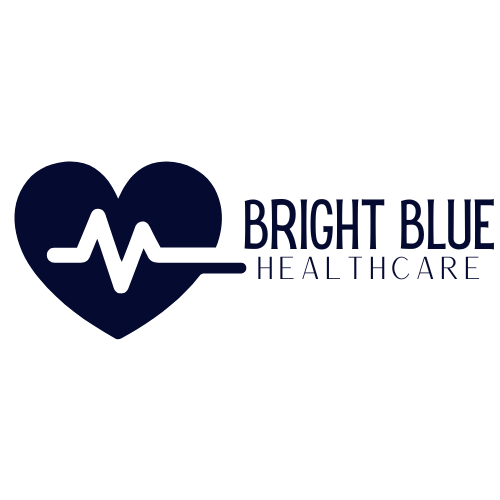Introduction:
Health care is a fundamental aspect of any society, and medical professionals play a vital role in its provision. The field of health care requires dedicated individuals who possess both expertise and a deep understanding of the complexities involved. In this blog post, we will explore the significance of health care for medical professionals, emphasizing the necessity of a high-quality healthcare system. By doing so, we can better understand the essentiality of ongoing education, professional development, and access to resources that medical professionals require in order to deliver optimal care.
The Constant Evolution of Medical Knowledge:
The medical field is constantly evolving, with new research emerging regularly. Medical professionals must stay up to date with the latest advancements in order to ensure the highest level of care for their patients. Access to ongoing education opportunities is crucial to enable medical professionals to expand their knowledge and skills. Conferences, workshops, and seminars provide platforms for sharing new research findings and best practices, allowing medical professionals to learn from one another and incorporate innovative approaches into their practice. To enhance patient outcomes, medical professionals must actively engage in continued learning to remain at the forefront of medical knowledge.
The Importance of Specializations:
Health care encompasses multiple specialties, each requiring focused expertise. Specialization allows medical professionals to acquire deep knowledge in specific areas, ensuring competent care and improved outcomes. By specializing, medical professionals can become well-versed in the intricacies and complexities of their chosen fields, whether it be cardiology, orthopedics, neurology, or any other branch of medicine. Through specialization, medical professionals gain a deeper understanding of their patients’ conditions, resulting in tailored treatment plans and more accurate diagnoses. The ability to seek advice and collaborate with other specialists further enhances the quality of care provided.
Ethical Responsibilities and Patient Advocacy:
Medical professionals have a tremendous responsibility as advocates for their patients’ health and well-being. Ethical considerations and patient-centered care are inherent in every aspect of the medical profession. Medical professionals must prioritize their patients’ values, preferences, and needs, ensuring their decisions regarding treatment are always in the best interest of the patient. Furthermore, effective communication, empathy, and active listening are essential skills for medical professionals to establish trust and build strong doctor-patient relationships. Upholding ethical standards and advocating for their patients’ rights is crucial to preserve the integrity of the medical profession.
The Role of Technology in Modern Healthcare:
Advancements in technology have revolutionized the field of healthcare, offering medical professionals invaluable tools to improve patient care. Electronic Health Records (EHR), telemedicine, artificial intelligence, and remote patient monitoring systems have simplified processes, enhanced accuracy, and increased efficiency in medical practices. However, it is vital for medical professionals to receive comprehensive training on these technologies to maximize their benefits. Additionally, medical professionals must remain vigilant regarding patient privacy and ethical considerations when using technology in healthcare settings.
Addressing the Healthcare System’s Challenges:
A high-quality healthcare system requires not only competent medical professionals but also a well-functioning system that supports their efforts. Adequate resources, infrastructure, and funding are essential for medical professionals to deliver optimal care. Strained healthcare systems can lead to burnout, decreased morale, and compromised patient care. Policymakers, healthcare administrators, and medical professionals must collaborate to identify and address the challenges within the healthcare system, striving to improve access, affordability, and equity. By providing the necessary support and resources, medical professionals can deliver the level of care their patients deserve.
Conclusion:
Health care for medical professionals is an area of utmost importance, emphasizing the significance of ongoing education, specialization, ethical responsibilities, and technological advancements. It is by fostering a high-quality healthcare system that medical professionals can continue to provide optimal care to patients. The continuous evolution of medical knowledge necessitates lifelong learning, enabling medical professionals to stay abreast of advancements and provide the best treatment options available. Through specialization, medical professionals can deepen their expertise, resulting in more precise diagnoses and improved patient outcomes. By upholding ethical responsibilities, medical professionals ensure they are actively advocating for their patients’ health and well-being. Embracing technology in healthcare enhances efficiency and accuracy, but it must be implemented ethically and with due consideration for patient privacy. Ultimately, a strong healthcare system recognizes and supports the invaluable role medical professionals play in providing high-quality care, ensuring the well-being of individuals, families, and communities.




